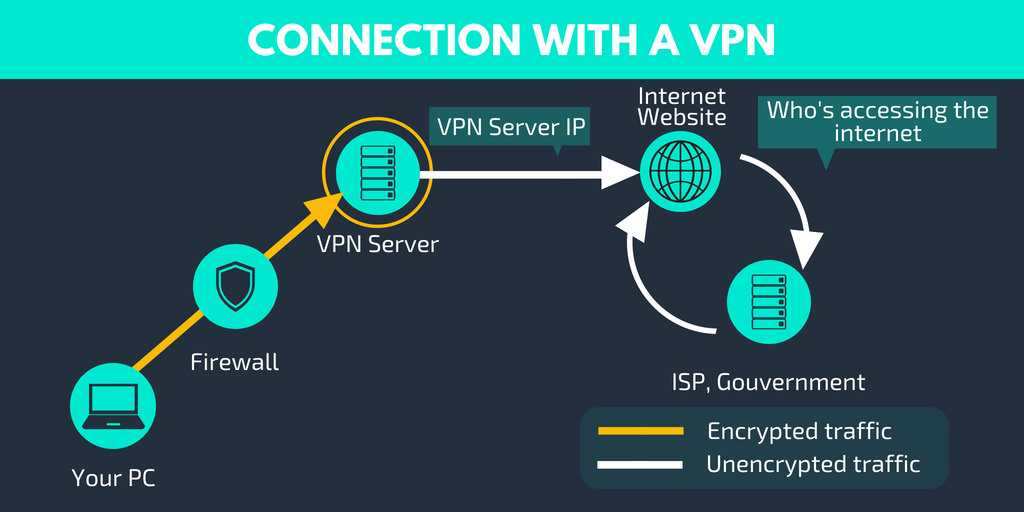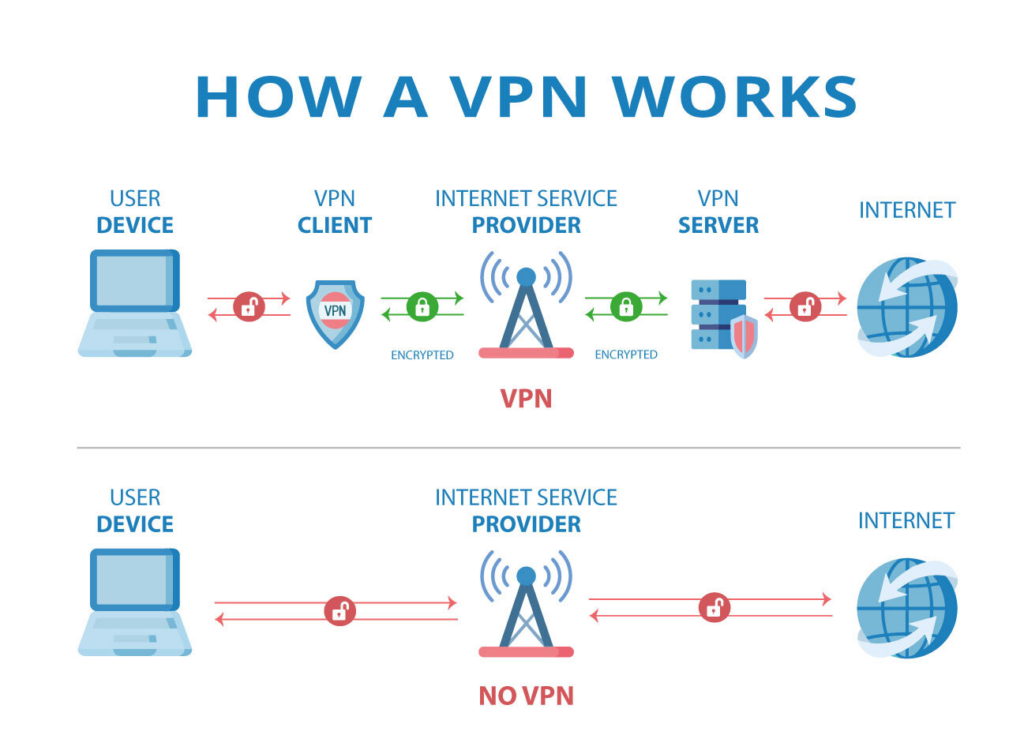Featured
Table of Contents
What Is A Vpn And Can It Hide My Ip Address?
In a mobile VPN, the server still sits at the edge of the company's network, enabling safe tunneled gain access to by verified, authorized customers. Mobile VPN tunnels are not tied to physical IP addresses.
Hardware VPNs offer a variety of benefits over software-based VPNs. In addition to offering boosted security, hardware VPNs can provide load balancing for big client loads. Administration is managed through a web internet browser interface. A hardware VPN is more expensive than a software-based one. Because of the expense, hardware VPNs are more viable for bigger companies.

Paid supplier options tend to be suggested more often than complimentary ones. Some VPNvendors, among many, consist of the following: contains a strong collection of security features with a big collection of servers.
Vpn Connections: How To Have Employees Work ...
It does not use too much in terms of extra functions and privacy tools, nevertheless. Still, it is generally thought about a good VPN service. is a VPN service with a large and varied set of distributed servers. It has strong personal privacy and details practices concentrated on security and offers additional features such as split tunneling.
VPNs are legal in the United States, but users and companies need to check if they are legal in specific countries. Numerous VPNs use incredibly similar innovations, so it can be tough to select which VPN will work best. Paid VPN services tend to be more relied on and consist of more security functions.
Around 2017, internet users in the United States found out that ISPs might collect and sell their searching history, and net neutrality ended up being a concept citizens needed to defend-- and successfully lost. A costs was gone by the U.S. Home of Representatives in 2019 to revive net neutrality, however was eventually blocked by the Senate.
How Does A Vpn Work?
With this understanding, the usage of VPNs ended up being a more genuine need for people.
A VPN reroutes your traffic through a remote server, encrypting it in the procedure. Typically, when you attempt to access a site, your ISP (Web Service Service provider) receives the request and redirects you to your destination. But when you link to a VPN, it redirects your internet traffic through a remote server prior to sending it over to your destination.
VPNs help make sure security anybody intercepting the encrypted data can't read it. A number of years ago, the most common method to connect computers in between multiple offices was by utilizing a rented line. Rented lines, such as ISDN (incorporated services digital network, 128 Kbps), are personal network connections that a telecom company can rent to its customers.
It's Time To Stop Paying For A Vpn
These connections form a single wide-area network (WAN) for business. Though rented lines are dependable and safe, the leases are expensive, with expenses increasing as the range between offices boosts. Today, the web is more available than ever previously, and internet service companies (ISPs) continue to establish faster and more dependable services at lower costs than leased lines.

Paid VPN services function extremely much like service VPNs however go through a VPN company to reach the web, rather than by means of a private organization. These services are incredibly simple to utilize. All you need to do is download the software, install it on your gadget, and link to the server of your option.
Initially, let's explore an example that explains how a VPN compares to other networking options.
What Is Vpn? How It Works, Types Of Vpn
All your web traffic is routed through this tunnel to the server, which then sends the traffic off to the general public web as usual. Information coming back to your device makes the exact same journey: from the web, to the VPN server, through the encrypted connection, and back to your device.
There are a few options out there to set up your own, such as Outline. Doing so is relatively simple, but you'll either need to keep a server or rent one, which is less simple. While there are some efforts to make self-hosted VPNs more accessible, it's something best left to tinkerers who aspire to get their hands (digitally) unclean.
If you don't like that a business you're currently paying is benefiting from your data or if you have issues about ISPs hoarding in-depth info about your activities, a VPN will help. Not even your ISP can see your web traffic when you utilize a VPN.VPNs likewise make it harder for marketers and others to track you online.
What Is A Vpn?
When the VPN is active, your true IP address is concealed, and anybody watching you can just see the IP address of the VPN server. By hiding your real IP address, VPNs deny snoops one tool utilized to recognize and track you online. Despite that, VPNs do not make you fully anonymous online.
Some VPN services include devoted antivirus tools as well, and some antivirus companies now offer VPNs. We do not typically check the malware-detecting abilities of VPNs, given that we see VPNs mostly as a privacy service.
A VPN will hide the contents of your web traffic from some observers and can make it harder for you to be tracked online. But a VPN can, at best, supply only restricted security versus the hazards you're most likely to experience online: malware, social engineering rip-offs, and phishing sites.
What Is A Vpn In The Remote Workplace
All your web traffic is routed through this tunnel to the server, which then sends out the traffic off to the public internet as usual. Data returning to your device makes the very same trip: from the internet, to the VPN server, through the encrypted connection, and back to your device.

There are a couple of alternatives out there to establish your own, such as Outline. Doing so is fairly straightforward, but you'll either require to maintain a server or rent one, which is less simple. While there are some efforts to make self-hosted VPNs more accessible, it's something best left to tinkerers who aspire to get their hands (digitally) dirty.
If you don't like that a business you're already paying is profiting from your data or if you have concerns about ISPs hoarding detailed info about your activities, a VPN will help. Not even your ISP can see your web traffic when you use a VPN.VPNs likewise make it harder for advertisers and others to track you online.
What Is Vpn? How It Works, Types Of Vpn
When the VPN is active, your real IP address is hidden, and anyone seeing you can just see the IP address of the VPN server. By concealing your genuine IP address, VPNs deny snoops one tool used to identify and track you online. Despite that, VPNs do not make you fully confidential online.
Some VPN services include devoted anti-virus tools as well, and some anti-viruses companies now use VPNs. We don't generally check the malware-detecting capabilities of VPNs, considering that we see VPNs mostly as a personal privacy service.
A VPN will conceal the contents of your web traffic from some observers and can make it harder for you to be tracked online. A VPN can, at best, provide just restricted protection against the risks you're most likely to encounter on the web: malware, social engineering frauds, and phishing websites.
Latest Posts
The Top 10 Enterprise Vpn Solutions
Advantages And Disadvantages Of A Vpn
10 Best Cloud Vpn Providers In 2023